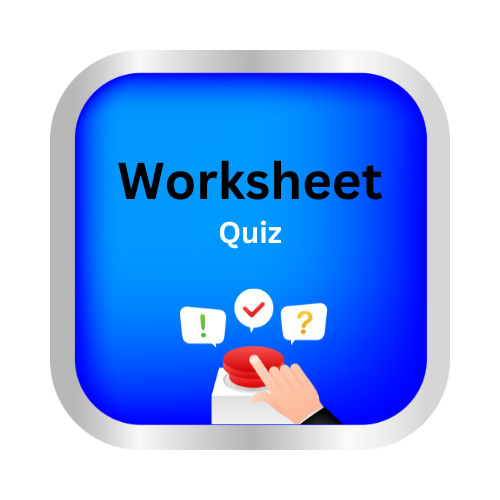How do we breathe?
how do we breathe by Delta publications
Key Notes :
Definition of Breathing
- Breathing is the process of taking air into the lungs (inhalation) and expelling it (exhalation).

The Respiratory System
- Main Organs: Includes the nose, pharynx, larynx, trachea, bronchi, and lungs.
- Function: The respiratory system’s main function is to facilitate the exchange of oxygen and carbon dioxide.

Inhalation Process
- Diaphragm Movement: When you inhale, the diaphragm (a dome-shaped muscle below the lungs) contracts and moves downwards, increasing the chest cavity’s volume.
- Air Pressure: This creates a low-pressure area inside the lungs, causing air to flow in from outside.
- Oxygen Intake: Fresh air enters the lungs, and oxygen from the air passes into the bloodstream.
Gas Exchange
- Alveoli: Tiny air sacs in the lungs where gas exchange occurs.
- Oxygen and Carbon Dioxide: Oxygen moves from the alveoli into the blood, and carbon dioxide moves from the blood into the alveoli to be exhaled.
Exhalation Process
- Diaphragm Relaxation: When you exhale, the diaphragm relaxes and moves upwards, reducing the chest cavity’s volume.
- Air Pressure Increase: This increases the pressure in the lungs, pushing air out of the lungs through the trachea and out of the mouth or nose.
- Carbon Dioxide Release: The exhaled air contains carbon dioxide, a waste product of cellular respiration.
Importance of Breathing
- Oxygen Supply: Essential for cellular respiration, which produces energy for body functions.
- Carbon Dioxide Removal: Helps maintain the body’s pH balance and remove waste gases.
Factors Affecting Breathing
- Physical Activity: Increased activity raises the breathing rate to supply more oxygen.
- Health Conditions: Conditions like asthma, allergies, and infections can affect breathing.
Breathing and Circulation
- Circulatory System Connection: The respiratory and circulatory systems work together to transport oxygen to cells and remove carbon dioxide.
Maintaining Healthy Lungs
- Avoiding Pollution: Minimize exposure to smoke and pollutants.
- Exercise: Regular physical activity strengthens the respiratory muscles and improves lung capacity.
Let’s practice!

